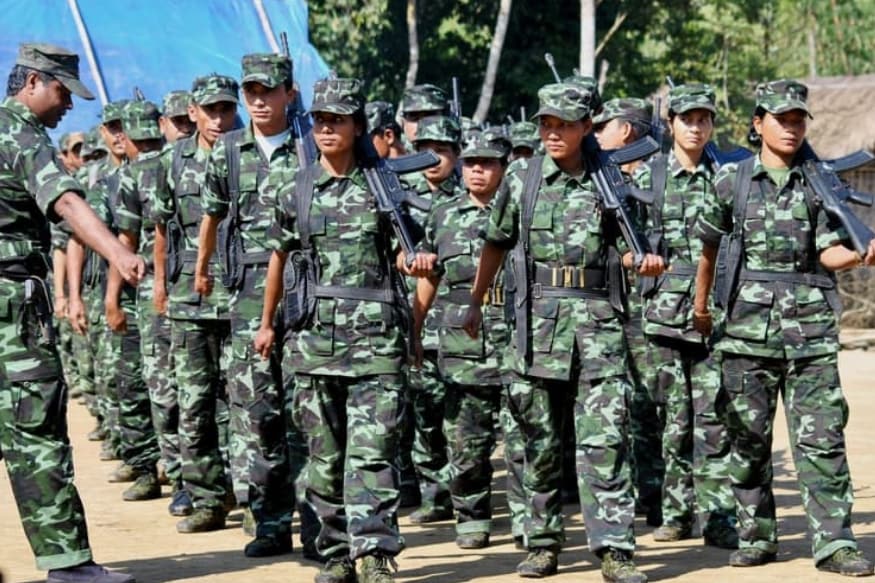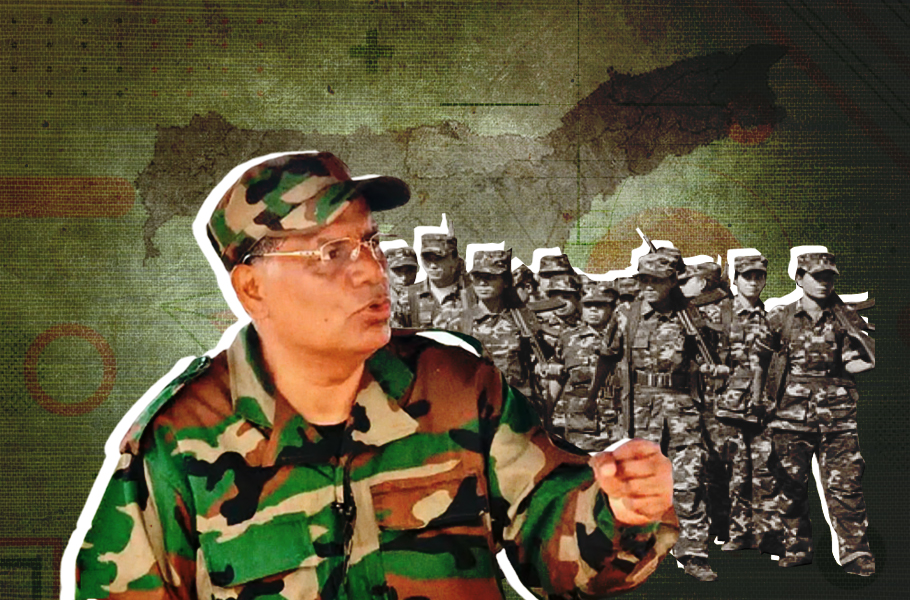
What Centre should do to re-engage dialogue with ULFA

The formal dialogue with ULFA (the Pro-Talk faction)— which began in 2011 but got stalled— is expected to be revived soon. The last round of talks had concluded on a positive note with the outfit expressing its satisfaction with the initiatives which the Indian government had taken.
Despite the optimism that marked the ULFA (pro-talk) parleys, the government needs to pay heed to the structure of the resolution, which needs to be carefully examined.
ULFA’s 12-point charter of demands has been culled from a 37-page charter that was presented to the Pro-Talk group by Sanmilito Jatiyo Abhiborton, the civil society body that took the initiative to bring about an interface between this ULFA faction and the government.
These demands, which was presented to the government, on the face of it, are not unreasonable demands. Indeed, most well-meaning citizens of India and the meritocracy that govern the nation have already shown sympathy to some of the demands such as stemming the inflow of illegal migrants from Bangladesh and remedies to solve the perennial problem of floods in Assam.
There have been several attempts in the past to engage the ULFA in a dialogue. But the process has never quite reached a stage that it is at present. Indeed, for the first time ever, a resolution seems to be within arm’s reach, and one that can be acceptable to the pro-talk faction of ULFA. But an important question that is also being raised is whether there is merit in talking to a armed group that holds the guns, or with the one without the guns!
Also read: Ulfa spectre haunts Assam tea estates as Army diverts focus to Myanmar border
The government is in a quandary over this question since the ULFA(I) chief of staff, the militant Paresh Barua, has indeed become more mellow. Earlier, he would not be moved from his position that discussion (discussion being an operative word here) on Assam’s sovereignty must be first taken into account. Baruah and his faction have also announced three back-to-back unilateral ceasefires. These developments are interesting pointers which the Centre should take note of and take steps to undertake a comprehensive peace process with a united ULFA.
The questions that come to the fore at this juncture are then how far is the Centre prepared to go vis-a-vis the demands made by the ULFA (Pro-Talk)? Surely, an established democracy should not be constrained to grant some rights to backward states, especially by way of rights over natural resources and land, prevention of illegal migration and proper management of floods.
Secondly, the Centre must be ready to provide certain concessions that would eventually be in its interest. Indeed, it may wish to profitably gain from the close nexus that ULFA has with the National Socialist Council of Nagaland to be able to address the vexed interstate boundary problem.
It can also witness economic development, improve people to people interface and give a fillip to the “Act East Policy”. It must also be caveated at this juncture that the organisation’s cadres should be rehabilitated in a manner that would make them self-reliant. Mere transfer of funds would disallow them from standing on their own feet and could witness a scenario of return to belligerence. The accent should be not to present them fishes to eat, but instead teach them how to fish and make an honourable livelihood.
Further, the government—in the nation’s security interest—must also realise that talks with any insurgent group can be held only within the Constitution’s ambit and after such groups abjure violence. Dialogue with ULFA must be an inclusive affair and must not be held in the absence of Paresh Barua, commander-in-chief of ULFA (I), who continues to maintain an anti-talk stance.

The analogy that can be offered at this juncture is to point out whether “peaceful nights would prevail even if one tiger out of the nine caged is on the prowl?”
Also read: ULFA threatens to kill abducted oil firm employees after talks fail
The Paresh Baruah factor is a particularly important one since, as said before, he has declared a unilateral ceasefire. But since Chinese or Pakistani interests seem to be allegedly continuing to guide him, this may even prevent him from returning to India even if he wishes to. Paresh Barua himself may not quite perceive a role for himself under a peaceful settlement. He thrives on his “military” persona, and considers himself to be a modern-day Lachit Barphukan and will if the need so arise, go down fighting.
Baruah penned a particularly interesting obituary in an Assamese daily of Velupillai Prabhakaran, after the LTTE leader met his end in the hands of the Sri Lankan army. He hailed Prabhakaran as a fearless commander and wrote that his “martyrdom” was a motivation for him and his cadres in ULFA. In any event, the fact of the matter is that only dialogue with a united ULFA would entail a peace process that can be said to be comprehensive.
The government needs to consider all these factors if it wants to usher in durable peace in Assam. Above all, it also offers a good opportunity for the Centre to showcase to the people of the north-east and Assam that the region’s interest is uppermost in New Delhi.
(Jaideep Saikia is a well-known conflict expert and author of several bestselling books on security and strategy)

